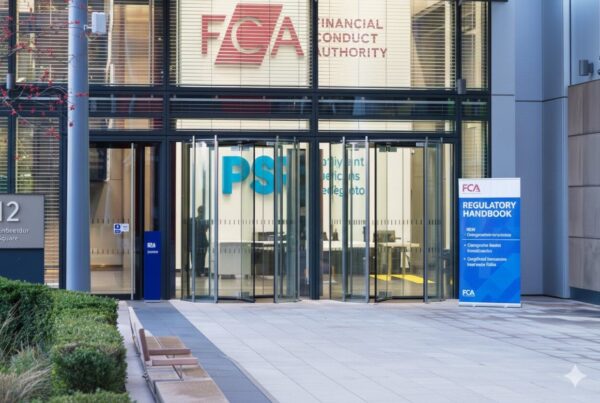On the 29th of September 2023, the Financial Conduct Authority (FCA) ushered in a series of significant changes with the introduction of Policy Statement PS23/14. These rules are a pivotal step toward safeguarding the rights and interests of leaseholders in multi-occupancy buildings. This blog post aims to provide you with a comprehensive understanding of these new regulations, which have far-reaching implications for both insurance brokers and leaseholders.
READ ALSO: The FCA’s Fine to JLT
When Do the Rules Take Effect?
The new rules come into effect from December 31, 2023, for insurance policy renewals or new business. These changes represent a crucial shift in the landscape of insurance for leaseholders.
Who Do These Rules Apply To?
It’s essential to clarify the scope of these rules. They primarily concern leaseholders, recognized tenants’ associations, and policy stakeholders who are obligated to pay premiums. It’s important to note that commercial leaseholders are exempt from these regulations.
Why the FCA Is Introducing These Rules
The FCA identified several key issues that necessitated these rule changes:
- Fairness for Leaseholders: Leaseholders often pay for insurance without any influence over policy selection or cost. They are not considered customers, resulting in their interests being overlooked.
- Transparency and Accountability: Lack of clear information makes it challenging for leaseholders to assess the reasonableness of costs.
- Excessive Costs: In some cases, broker commissions can be as high as 62%, which appears unfair and unjustified.
Leaseholders as Customers
The new rules define leaseholders as customers, underscoring the need for insurance firms to act in their best interests. The rules also prohibit firms from recommending insurance products based on commission or remuneration levels. This change is pivotal in prioritising transparency and fair treatment for leaseholders in the insurance process.
Disclosure Requirements
Insurance companies and brokers are now obligated to provide additional information to policyholders/leaseholders following the conclusion of a multi-occupancy building insurance contract or any subsequent renewal. This information includes:
1. Summary of Policy Features:
– The name and regulatory status of the insurance provider.
– Type of insurance and main risks covered.
– Summary of excluded risks.
– Insured sum, excesses, and policy duration.
– Significant features and benefits.
2. Policy Premium:
– The total premium amount, broken down at the building or dwelling level, including insurance premium tax (IPT) and value-added tax (VAT).
3. Remuneration Details:
– Disclosure of remuneration received for arranging the insurance, including contingent commission and potential profit sharing.
– Disclosure of remuneration paid to third parties, including Property Managing Agents (PMAs) and freeholders, all in cash terms.
4. Conflict of Interest Information:
– Information regarding potential conflicts of interest, such as ownership links between your firm and the insurer.
5. Alternative Quotes:
– The number of alternative policy quotes obtained by your firm.
– A brief explanation of why the recommended policy is in the best interests of both freeholders and leaseholders.
Dealing with Queries
Firms must handle queries from policyholders and leaseholders in a manner that ensures good outcomes for all parties. If the required information is not provided by the freeholder or property managing agent, firms must respond to the leaseholder’s query.
Product Governance
The FCA is also amending the PROD rules, incorporating leaseholders as customers. Insurers and intermediaries must:
1. Consider Leaseholders in Product Design:
– Leaseholders must be part of the target market during the design, pricing, and distribution of insurance products.
2. Provide Fair Value to Leaseholders:
– Insurance products must offer fair value to leaseholders and all customers.
These new rules are expected to influence remuneration practices, particularly for intermediaries receiving percentage-based commissions. Firms must also consider remuneration shared with other parties in the distribution chain, demonstrating fair value to leaseholders.
What’s Next?
To ensure compliance with these new rules, it’s crucial to:
– Identify affected cases within your business.
– Prepare appropriate disclosure processes and documents.
– Update internal policies and procedures.
– Provide staff training to raise awareness of these changes.
– Revise MI packs and reports.
– Be prepared to address queries from leaseholders.
My Virtual Compliance has a team of experts ready to assist your firm in complying with all the new regulations from the FCA.
We hope this summary has been helpful, and if you have any questions or need further guidance, please don’t hesitate to reach out to us. For existing clients, we’ll work closely with you in the coming months to navigate these changes effectively.




